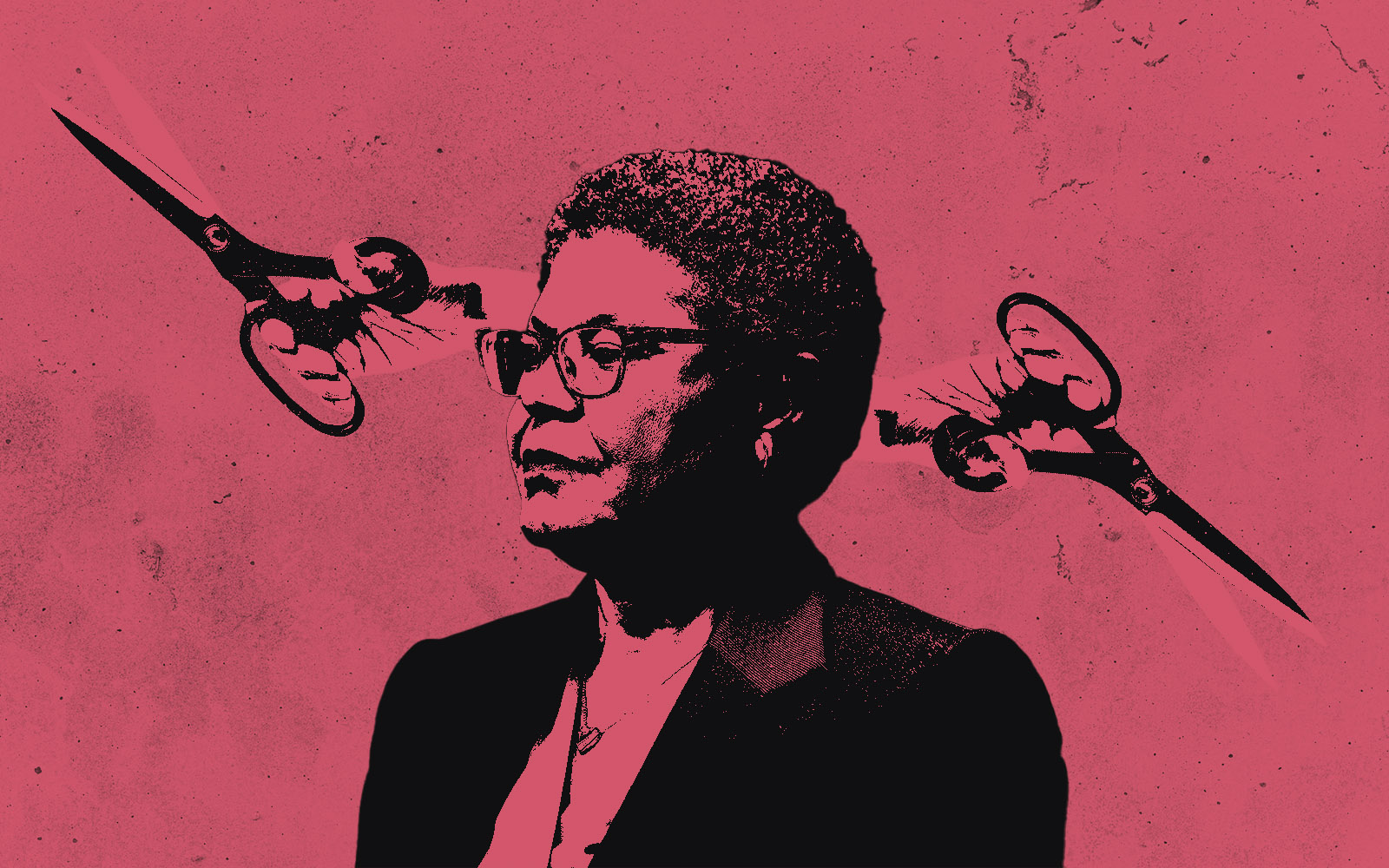In the latest season of the reality TV show “Selling Sunset,” a surprising antagonist emerged: Measure ULA, the “mansion tax” aimed at alleviating L.A.’s housing shortfall.
Despite projections of raising $923 million a year, Measure ULA has raised $142 million since its implementation in April, Bloomberg reported, citing data from the Los Angeles Office of Finance.
Real estate agents, as portrayed on “Selling Sunset,” express concerns that the tax deters luxury home sales and stifles overall market activity.
“Makes me nauseous even thinking about it,” agent Mary Bonnet of The Oppenheim Group said of the tax in the season’s first episode, as she looked over the living room of a $26 million eight-bedroom home in Brentwood.
At a sales peak in October, the number of transactions with prices above $5 million was almost half of what it was in October 2022, prior to the tax. In November, monthly sales over $5 million had nearly tripled since cratering in April, bringing in nearly $14 million for Measure ULA.
Factors contributing to the slow start include a spike in high-dollar real estate deals before the tax took effect, a national rise in interest rates, an overall slump in home sales and the Hollywood strikes, according to Bloomberg.
Legal challenges from landlords and an anti-tax group have also delayed funds distribution.
Introduced in 2023 with 58 percent voter approval, the measure imposes a land transfer fee on real estate transactions of more than $5 million, with funds directed towards affordable housing, tenant protections and homelessness prevention.
Critics argue that the tax, marketed as targeting mega-mansions, applies to a broad range of properties, including multifamily developments, office buildings, warehouses and hotels.
While high-net-worth clients rushed to complete transactions before the tax’s implementation, figures from the Los Angeles Finance Department indicate a significant decline in transactions since then over the $5 million threshold.
Luxury real estate brokers and developers claim that the tax has become a barrier for both sellers and buyers.
Meanwhile, a coalition of more than 100 advocacy groups, tenants’ rights organizations, nonprofits and unions support Measure ULA, emphasizing its redistributive impact on affordable housing.
Concerns persist, however, that the tax may hinder the development of multifamily housing, exacerbating the city’s housing constraints.
Despite the controversies, proponents argue that Measure ULA is making progress. The funds generated are supporting 19 affordable housing projects with 1,500 units, and short-term rental assistance has begun. Supporters believe that even achieving half of the projected revenue would be a significant step forward in addressing L.A.’s housing crisis.
As other cities consider similar measures, the debate around the “mansion tax” intensifies, with advocates hoping it will eventually prove effective in addressing the broader challenges of housing affordability and homelessness in Los Angeles.
— Dana Bartholomew
Read more



